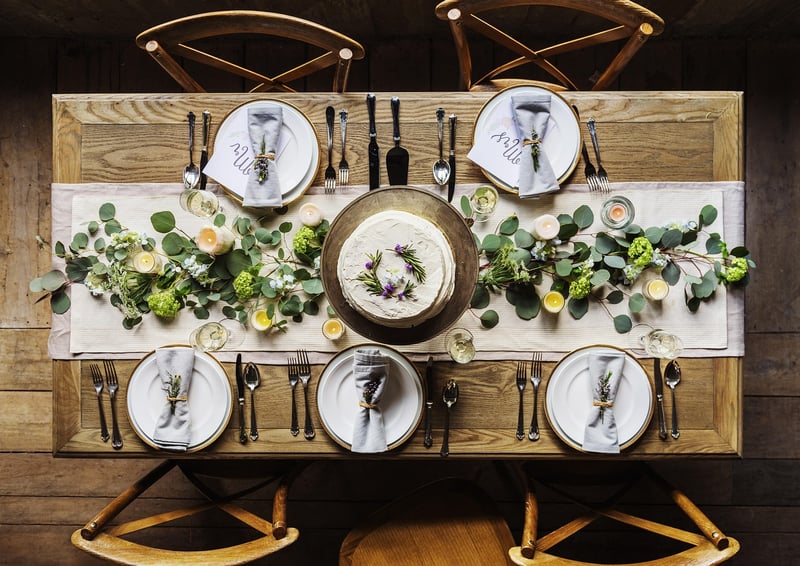Futuristic Dining

The Evolution of Culinary Delights: From Ancient Times to Futuristic Dining
A Glimpse into History
Throughout history, food has been a central element of human culture and society. From the ancient civilizations of Egypt and Mesopotamia to the refined cuisines of the Renaissance, each era has brought forth unique culinary delights that reflect the values and traditions of the time.
Ancient Times
Ancient civilizations placed great importance on food, with elaborate feasts and rituals playing a significant role in their social and religious practices. The Egyptians, for example, enjoyed a diet rich in grains, fruits, and vegetables, while the Greeks and Romans indulged in lavish banquets featuring exotic spices and delicacies.
The Middle Ages
During the Middle Ages, food became a symbol of wealth and status, with elaborate dishes served at the tables of kings and nobles. The era saw the emergence of new cooking techniques and ingredients, leading to the development of intricate dishes like spiced meats and sweet pastries.
The Renaissance
The Renaissance period brought a renewed interest in art, science, and culture, which extended to the culinary world. Italian cuisine, in particular, flourished during this time, with dishes like pasta, risotto, and gelato becoming popular staples of the era.
Modern Cuisine
As we move into the modern era, culinary traditions continue to evolve, with chefs and food enthusiasts experimenting with new flavors, techniques, and presentations. The fusion of different cuisines, the rise of molecular gastronomy, and the emphasis on locally sourced ingredients are just a few trends shaping the contemporary culinary scene.
The Future of Dining
Looking ahead, the future of dining holds endless possibilities for innovation and creativity. From 3D-printed meals to virtual dining experiences, technology is set to revolutionize the way we eat and interact with food.
Futuristic Dining Experiences
Imagine dining in a restaurant where holographic projections bring your food to life or savoring a meal prepared by robots in a fully automated kitchen. These are just a few examples of the futuristic dining experiences that could soon become a reality.
Sustainability and Food Tech
With a growing focus on sustainability and eco-conscious practices, the future of dining is also likely to see a rise in plant-based alternatives, vertical farming, and innovative food technologies that minimize waste and environmental impact.
Conclusion
As we reflect on the rich tapestry of culinary history and look towards the future of dining, one thing is clear - food will always remain a source of joy, creativity, and connection for people across the globe.